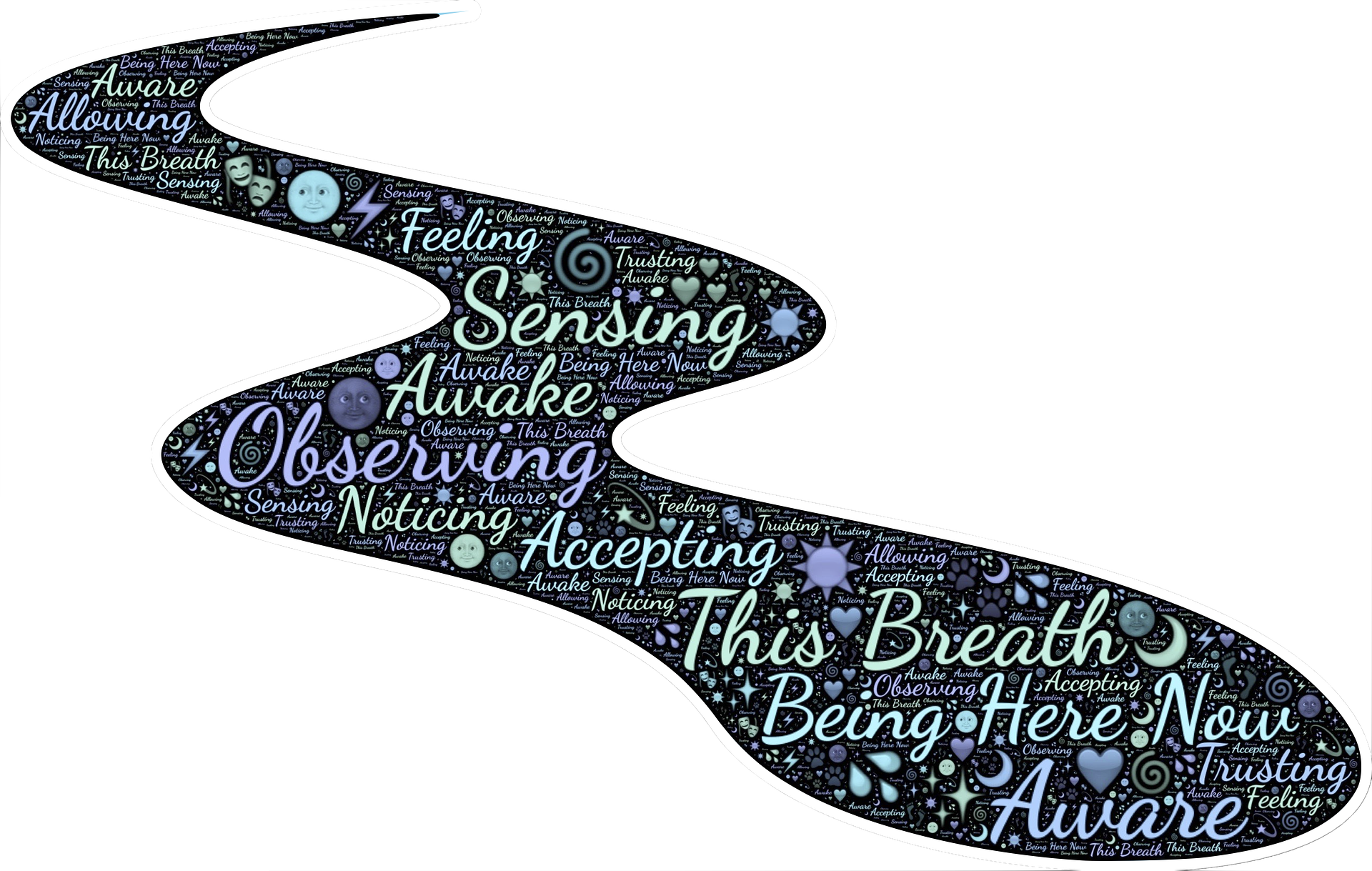Brain tumours
A brain tumour is a growth of cells in the brain that multiplies in an abnormal, uncontrollable way.
Health Care matters
Grades and types of brain tumour
Once your healthcare provider knows you have cancer, the next step is to find out the grade of the cancer. The grade refers to how the cancer cells look when compared to normal brain cells. Grade is determined when a tissue sample (biopsy) & other tests are done on the cancer. Grade 1 & 2 tumours are low grade, & grade 3 & 4 tumours are high grade.
Healthy Body
Symptoms of a brain tumour
The symptoms of a brain tumour vary depending on the exact part of the brain affected.
Age
Brain tumors occur more frequently in men than women. The risk of getting a brain tumour increases with age (most brain tumours happen in older adults aged 85 to 89), although some types of brain tumour are more common in children
Radiation
exposure to radiation accounts for a very small number of brain tumours; some types of brain tumours are more common in people who have had radiotherapy, CT scans or X-rays of the head
family history & genetic conditions
some genetic conditions are known to increase the risk of getting a brain tumour, including tuberous sclerosis, neurofibromatosis type 1, neurofibromatosis type 2 and Turner syndrome
When to see a GP
See a GP if you have these types of symptoms, particularly if you have a headache that feels different from the type of headache you usually get, or if headaches are getting worse. If your GP cannot identify a more likely cause of your symptoms, they may refer you to a doctor who specialises in the brain & nervous system (neurologist) for further assessment & tests, such as a brain scan.
Who's affected
Brain tumours can affect people of any age, including children, although they tend to be more common in older adults. More than 11,000 people are diagnosed with a primary brain tumour in the UK each year, of which about half are cancerous. Many others are diagnosed with a secondary brain tumour.
Outlook
Survival rates are difficult to predict because brain tumours are uncommon and there are many different types. Your doctor will be able to give you more information about your outlook. Generally, around 15 out of every 100 people with a cancerous brain tumour will survive for 10 years or more after being diagnosed.
Avoid smoking
BRAIN TUMOR WARNING SIGNS



